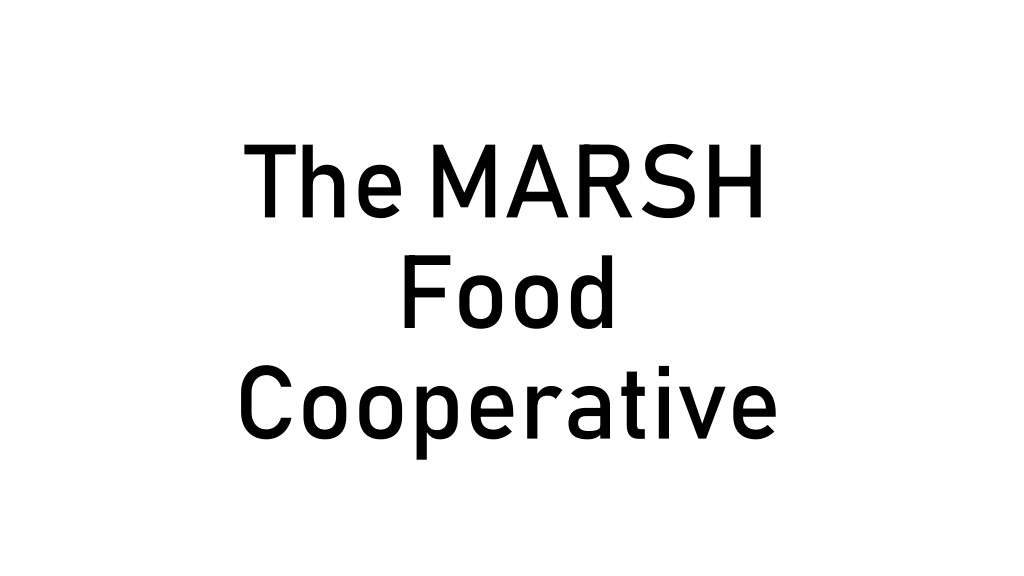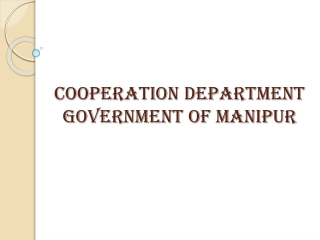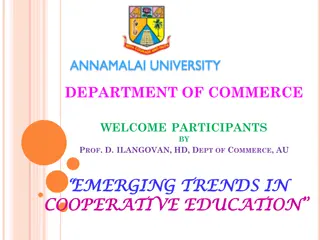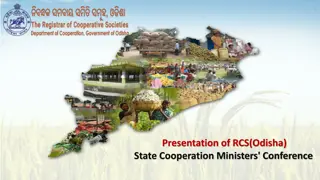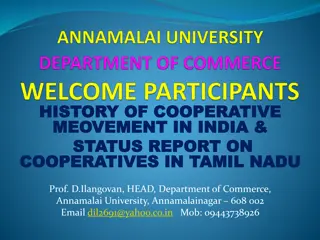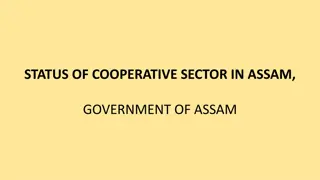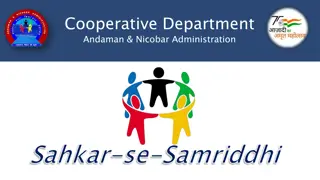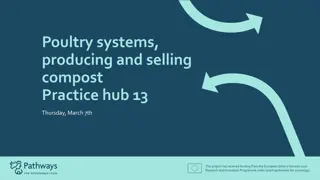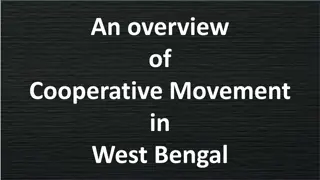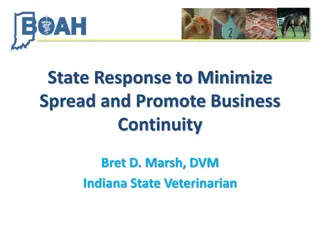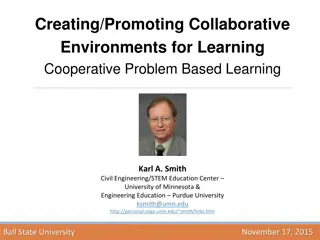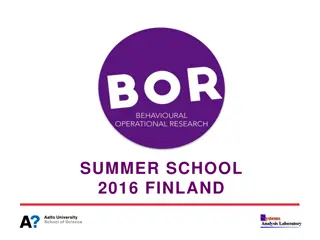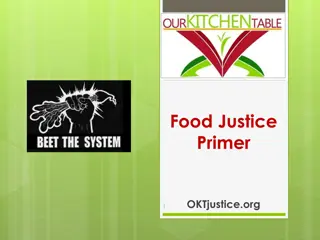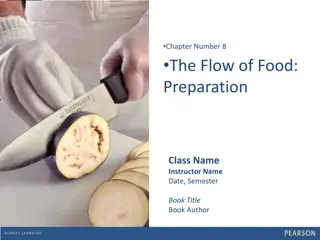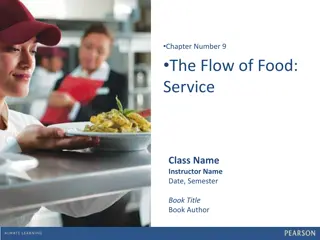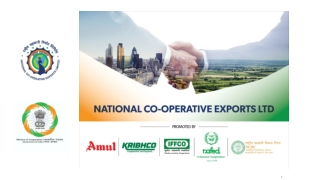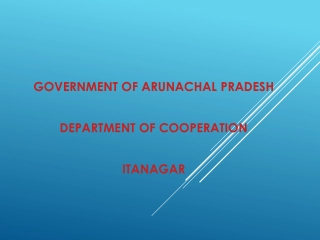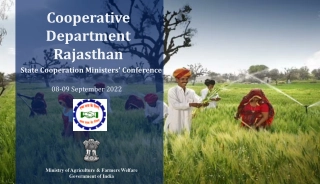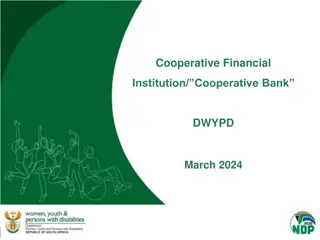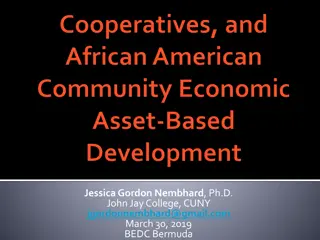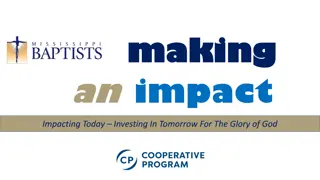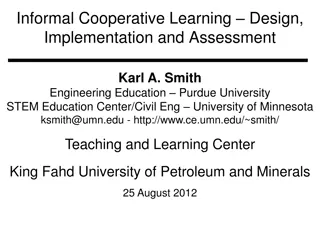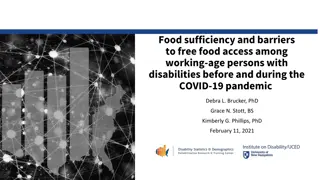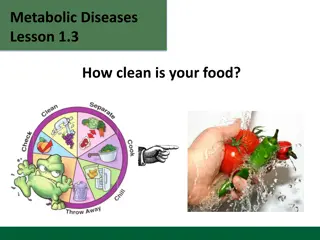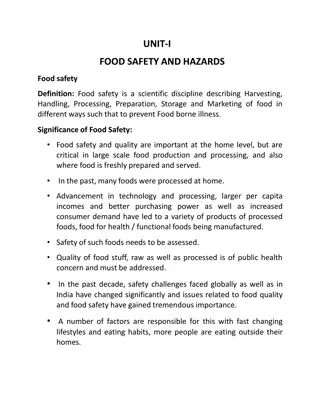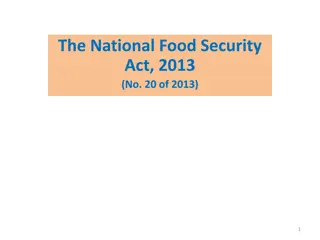Unveiling the MARSH Food Cooperative: A Path to Generative Social Practices
Exploring the transformative journey of the MARSH Food Cooperative in Carondelet, a not-for-profit organization dedicated to designing human-scaled generative social practices. Discover their ethos of emergent, human-scaled, and generative approaches, aiming to prioritize respect and values over profit and power. Learn how this cooperative fosters community interaction and sustainability through conscious social practices.
- MARSH Food Cooperative
- Generative Social Practices
- Not-for-Profit
- Community Sustainability
- Human-Scaled Approach
Download Presentation

Please find below an Image/Link to download the presentation.
The content on the website is provided AS IS for your information and personal use only. It may not be sold, licensed, or shared on other websites without obtaining consent from the author. Download presentation by click this link. If you encounter any issues during the download, it is possible that the publisher has removed the file from their server.
E N D
Presentation Transcript
The MARSH Food Cooperative
MARSH is starting a FOOD COOPERATIVE in Carondelet!
MARSH is a not-for-profit located at 6917 S. Broadway.
MARSH was formed to design and explore emergent models of human scaled generative social practices.
DESIGN and EXPLORE means we want to engage with others in asking questions, figuring out what s possible, pursuing ideas, and ACTING to see if we re on the right track. We call it a life/art laboratory.
EMERGENT means trying out new things based on what we ve learned, not just doing things the same way they ve always been done. It also means not being afraid to do whatever it takes to make respect and values more important than profit and power.
HUMAN SCALED means considering the effect actions have on people and communities and thinking hard about how our systems are hurting some people and could be serving all of us instead.
GENERATIVE is the opposite of exploitive and extractive and means giving back and promoting health instead of taking away and making sick.
SOCIAL PRACTICES describe the ways we live together, treat each other, and interact with our communities, our environment, and our planet. Buying food at the grocery store is a type of social practice. Growing organic food in neighborhood community gardens is, on the other hand, a human scaled generative social practice .
WHY is a food cooperative a generative human- scaled social practice?
Cooperatives are formed according to a set of principles. They are a legal business type that, by definition, serves the needs of its members and NOT the profit motives of a single individual or corporation.
Cooperatives are owned by their members and democratically managed according to the one share=one vote principle.
Cooperatives are not based on large initial capital investments like for-profit businesses but, instead, pool the resources of their participants through: Small share contributions Group purchasing Equitable labor practices
Cooperatives can be made up of consumers who want to improve access to healthy and economical products workers who want to own and operate a business ethically and make decisions collaboratively, producers who want to share the burdens and responsibilities of growing, developing, and marketing their products OR (as with MARSH) a combination of all three.
In addition, cooperatives are committed to: Welcoming and respecting people with all kinds of skills and life experiences Making decisions that benefit the group and also the community and the environment Creating learning opportunities for members and their immediate and global neighbors Seeking creative collaboration, economic justice, ecological responsibility, fair employment, and enhanced quality of life.
Become a member-owner of the co-op by: Purchasing a share (shares provide a lifetime membership you never pay again and are refundable upon request). One share = $100 = one vote and participation in all co-op activities, events, and opportunities (i.e. use of the kitchen and event space, labor hours, classes, etc.) Subsidies are available. CCBF is presently providing $50 sponsorships to any clients of the food pantry. Such clients may then choose their own level of contribution, anywhere from $5 to $50. Purchasing food as part of a group. The co-op places a group food order from a regional supplier of natural and organic products and from local growers every other week. All co-op members can choose their own groceries directly from the wholesale price list (either online or in person at MARSH) and then pick up their order upon delivery. Members can order as often or infrequently as they desire and there is no minimum order. Working for the co-op. If you have kitchen, gardening, or other relevant experience, ask us about job opportunities or product development possibilities. All co-op labor is provided by member-owners.
Shop at home. Create connections. Apply your skills. Learn to cook new things. Reduce energy use. Save money. Work together. Ask questions. Promote equity. Eat healthy. Use your imagination. Support regenerative agriculture. Keep your money local. Contribute. Resist existing power structures. Teach others. Invest in your community. Grow food. Reduce waste. Own a business with others. Learn new skills. Eat what you like. Help address the climate crisis. Be creative. Cook with your neighbors. Help reduce labor exploitation. Contribute to cleaner air and water. Meet people. Participate in a new economy.
